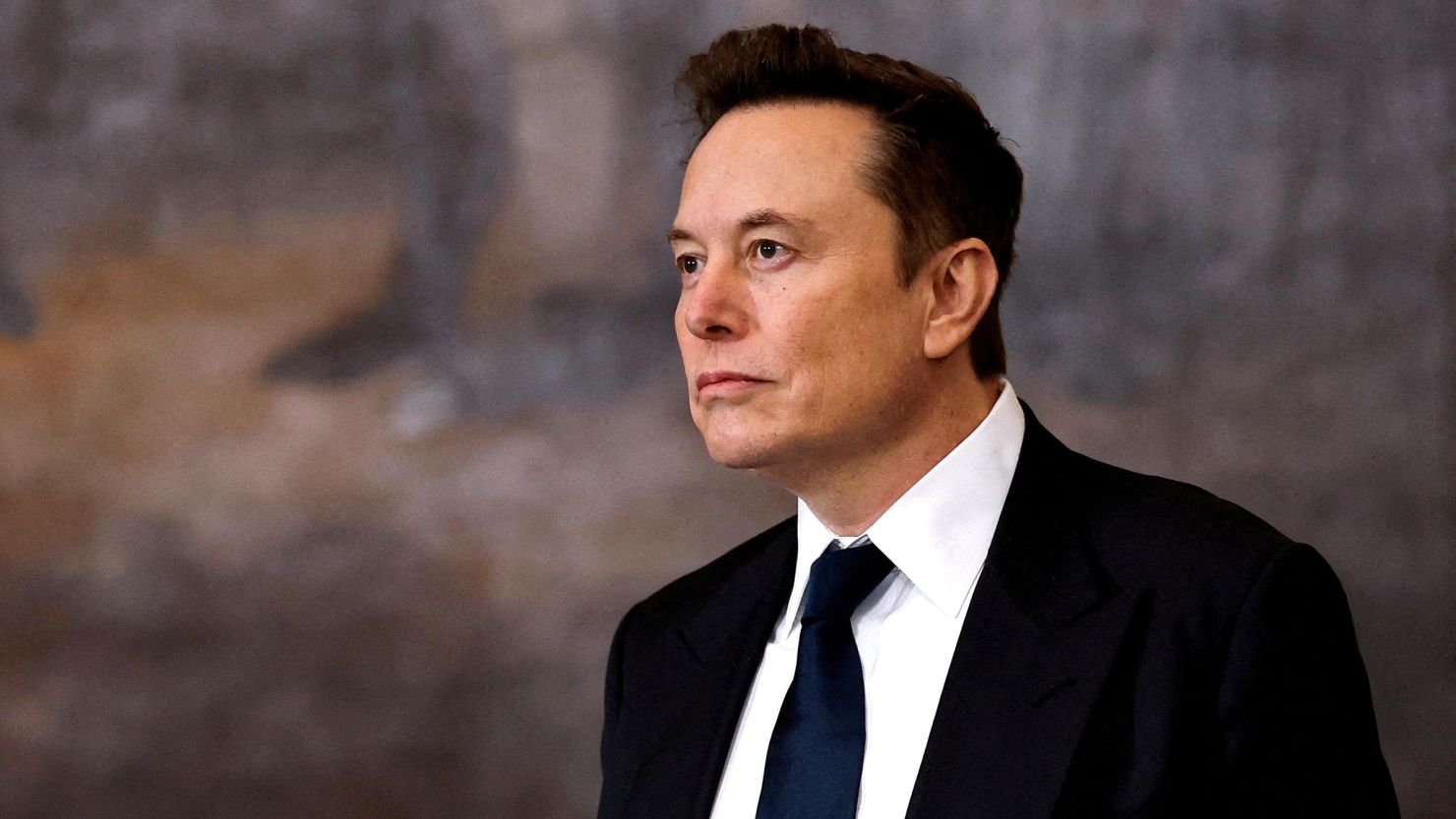Elon Musk’s corporate empire—Tesla, SpaceX/Starlink, X, Neuralink and the Boring Company—has become a single, privately steered ecosystem whose combined annual revenues now rival the GDP of a midsize nation. Each firm draws on distinct revenue streams—regulatory credits, Pentagon launch contracts, advertising, venture capital and municipal subsidies—but all are ultimately propped up by public largesse that socializes risk while privatizing profit. Understanding these flows is therefore a prerequisite for anyone that seeks to tax extreme wealth, curb monopoly power, and defend worker and planetary interests from a billionaire who is simultaneously a supplier, regulator-lobbyist and media gatekeeper.
Analysis
Tesla’s first-quarter 2025 results reveal how fragile its flagship business has become. Automotive revenue fell to $13.9 billion, a 20 percent year-on-year decline, while net income collapsed 71 percent to $409 million. The difference between loss and profit was $595 million in zero-emission regulatory credits—an indirect taxpayer transfer that now exceeds the company’s quarterly earnings from car sales. Meanwhile, the energy-generation and storage division delivered a record $10.1 billion in 2024 revenue and $2.6 billion gross profit, signalling that stationary batteries, not cars, are keeping Tesla’s cash flow positive even as cobalt and lithium extraction costs remain externalized onto the Global South.
SpaceX has quietly overtaken Tesla as Musk’s real engine of accumulation. Independent estimates put 2024 revenue at roughly $13.1 billion—$8.2 billion from Starlink subscriptions and $4.2 billion from Falcon launches—placing the company on track to eclipse NASA’s human-spaceflight budget this year. Starlink’s growth is accelerated by Pentagon, NOAA and NASA contracts that insulate SpaceX from market risk, while a permissive FCC spectrum regime effectively hands Musk monopoly rents over the orbital commons.
X (formerly Twitter) illustrates the downside of Musk’s leverage strategy. Advertising income slid to $3.14 billion in 2024, a further 5 percent drop after the post-acquisition exodus, and mobile-subscription revenue has yet to break the $250 million mark—woefully insufficient to service $13 billion in acquisition debt. The platform’s dwindling cash flow has pushed management toward litigation threats against advertisers and looser content moderation, externalizing the social cost of disinformation while failing to restore the bottom line.
Neuralink remains speculative, surviving on successive venture rounds rather than operating income. Its June 2025 Series E brought in $650 million at a $9 billion valuation, even as FDA inspection records and whistle-blower testimony describe “objectionable” animal-testing conditions and rushed surgical schedules that jeopardize both workers and subjects. Profit here is contingent on fast-track regulatory approvals and prospective military contracts, leaving labor and bioethics risks to be borne by public institutions.
The Boring Company, valued on paper at about $7 billion, exemplifies hype as revenue. Its Vegas Loop earns only modest ticket sales while relying on tax-increment financing from local authorities. Nevada OSHA cited the firm for eight serious safety violations in 2024, and civil-engineering reviews continue to question whether single-lane tunnels can ever match true mass transit capacity. In effect, the venture functions as a conduit for land speculation and political access rather than a standalone profit center.
Across the portfolio, one pattern dominates: profits are privatized, while losses and externalities—regulatory credits, defense contracts, ecological damage and labor risk—are socialized. Confronting “Muskism” therefore means treating these firms as an integrated power bloc ripe for antitrust action, windfall-profit taxation; and strict public-utility oversight, rather than as isolated tech successes.
Engagement Resources
- Institute for Local Self-Reliance (https://ilsr.org/): Advocates for decentralized, community-driven economic development. Offers analysis of corporate concentration and local alternatives in energy, broadband, and transit.
- Public Citizen (https://www.citizen.org/): A nonprofit watchdog organization focusing on corporate accountability, government transparency, and consumer rights. Includes campaigns related to Tesla, defense contracts, and federal subsidies.
- Economic Policy Institute (https://www.epi.org/): A progressive think tank producing data-driven research on labor markets, corporate profits, and policy impacts. Regularly examines wage inequality and tax policy in sectors dominated by tech giants.
- Open Markets Institute (https://www.openmarketsinstitute.org/): Dedicated to promoting competitive markets. Publishes investigations into monopolistic practices and advocates for antitrust enforcement—especially relevant to firms like SpaceX and Tesla.
- Tax Justice Network (https://taxjustice.net/): Provides global research and advocacy around tax avoidance and wealth concentration. Useful for understanding the revenue implications of public subsidies and corporate structures like Musk’s.
- Labor Notes (https://labornotes.org/): A media and organizing resource for labor activists. Tracks union activity and working conditions, including in high-tech industries and contractor-heavy firms like Neuralink and The Boring Company.

